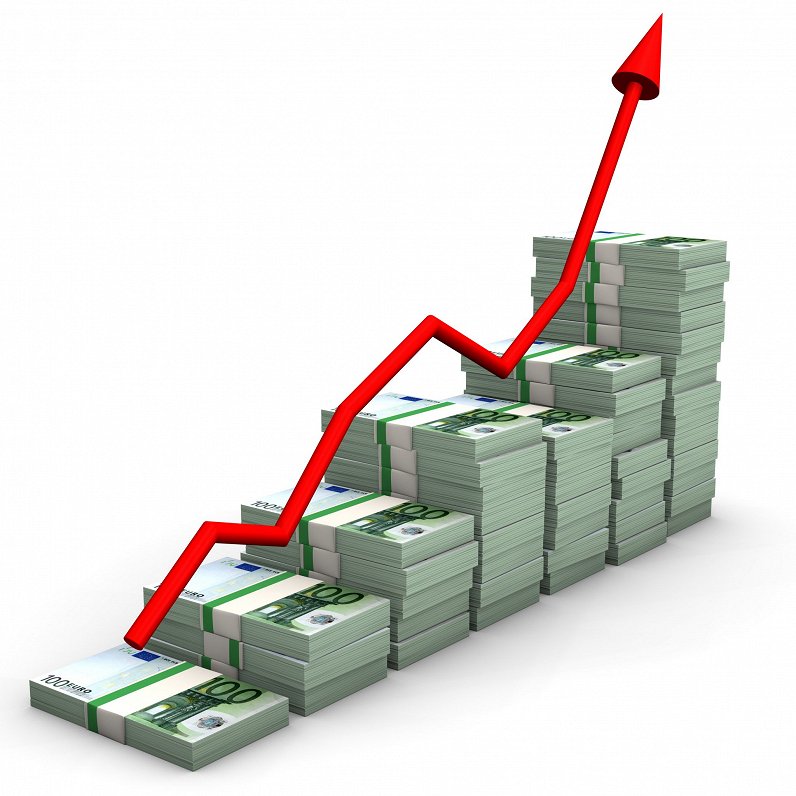“It is absolutely clear that inflation is currently growing and limiting it is very difficult,” Professor of the University of Latvia (LU), economist Gundars Bēŗziņš said. Traditional instruments do not apply in this situation.
“The use of traditional monetary and fiscal policy instruments [like deficit reduction, raising interest rates] is difficult in view of the specific situation that has emerged geopolitically. Secondly, if we look historically, during a conflict, inflation is always high in any country that is somehow linked to this war. Additional inflation-enhancing factors, such as supply chain and raw material problems, are very complex, which can create additional pressure on inflation,” Bērziņš said.
“I think inflation will exceed the ten-percent mark in the coming months, but in the year as a whole, there is quite a lot of uncertainty right now.”
Latvian central bank's (Bank of Latvia) president Mārtiņš Kazāks also said Monday that the inflation would exceed 10%.
Bank of Latvia's economist Ieva Opmane said that the economic situation by the end of this year is very closely linked to how the war in Ukraine will develop.
“It is likely that inflation will not be a double-digit figure in the year as a whole. However, it must be said that it is too early to predict. In the next few months, spring and probably summer, prices will be even higher. This is mainly due to rising energy prices but also increases in food prices. The big question is whether things will already stabilize in the autumn or not, but it depends on how the operation of the war in Ukraine will proceed. Whether there will be a solution or not,” Opmane said, adding that rather than reducing taxes, there should be more targeted support to the disadvantaged.
Gundars Bērziņš said that as a result of demand and supply fluctuations, we can expect rapid price changes, even weekly when it comes to fuel. Uncertainty should be taken into account in the coming months.
“Fuel prices will not grow forever. [..] Historically over a half-year to nine months, prices stabilize. For example, at the time Russia imposed sanctions against Iran, a major oil producer, prices stabilized in about nine months and Iran's influence was less pronounced. A more complicated issue is the price of natural gas. Switching from one gas supplier to another is much more complicated than from oil suppliers. We can expect gas prices to grow faster than oil prices,” the economist said.
Inna Šteinbuka, chair of the Fiscal Discipline Council, said that annual inflation in the eurozone increased to 5.8% in February and was the highest since 1997. In Latvia, the inflation rate was higher than the average in the euro area in February, when inflation in our country reached 8.7%, up 1.3% on January.
As regards the economic growth forecast, Steinbuka said that it would certainly need to be adjusted, since before the war began in Ukraine, gross domestic product (GDP) was forecast to grow by 4% this year in Latvia. The Ministry of Finance has already stated that, following the updated forecasts, GDP will grow by only 2.1% this year, while consumer price growth can reach 8.5% this year.
According to Šteinbuka, the public debt in Latvia is still relatively low, so the Latvian government can still borrow on international markets. It is true that borrowing will also increase the interest rate.






























